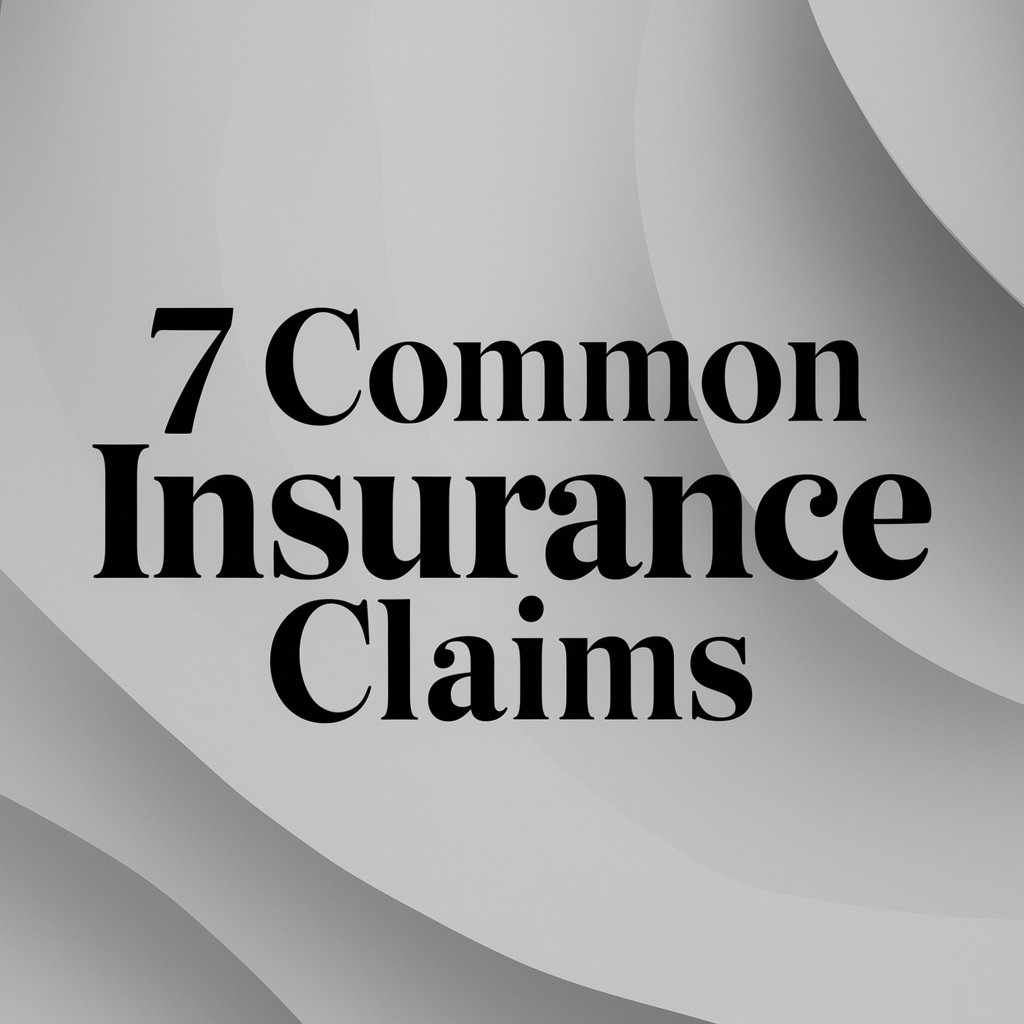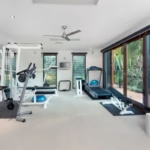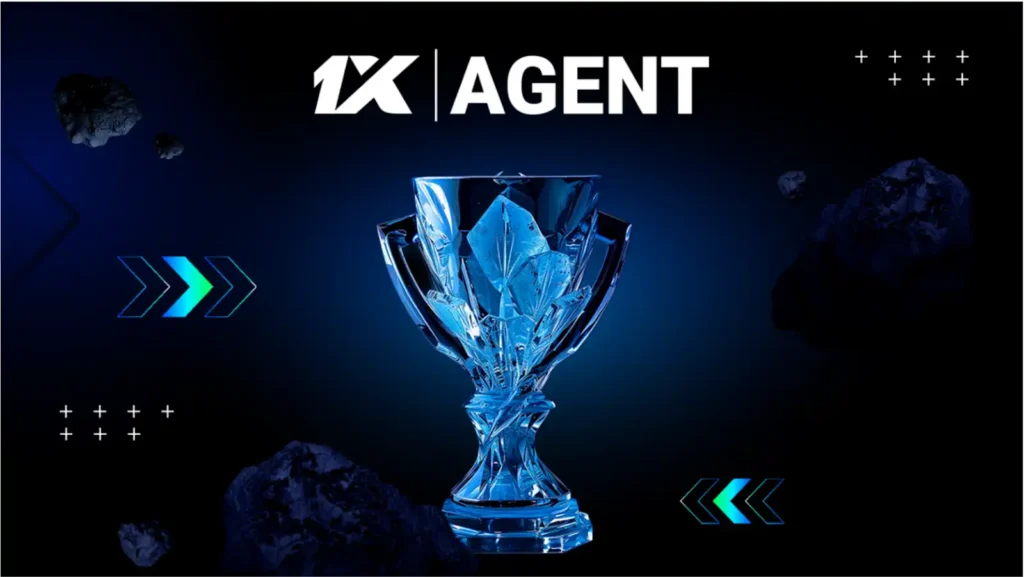Ensuring the safety and security of your hotel guests and property is a top priority for any hotel owner or manager. However, the hospitality industry comes with its own set of risks and potential liabilities. That’s where hotel insurance steps in, providing essential coverage against unexpected events. Let’s look into the common hotel insurance claims and explore effective strategies to prevent them, safeguarding both your guests and your business.
Slip and Fall Accidents
Slip and fall accidents are prevalent in hotels and can result in costly liability claims. To prevent such accidents, maintain clean and dry walking surfaces, promptly address spills, and install non-slip mats and signage in high-risk areas. Regular inspections of walkways and common areas can help identify and mitigate potential hazards before accidents occur.
Property Damage
Property damage claims can arise from various sources, including natural disasters, accidents, or guest negligence. To minimize the risk of property damage, implement preventive maintenance schedules for your hotel’s infrastructure and equipment. Invest in robust security measures to deter vandalism and theft, and ensure adequate insurance coverage to protect against unforeseen damages.
Theft and Burglary
Hotels are prime targets for theft and burglary due to the presence of valuable assets and a constant flow of guests. To prevent such incidents, implement strict access control measures, including key card systems and surveillance cameras. Conduct background checks on staff members with access to guest rooms and valuables, and consider investing in insurance coverage tailored to protect against theft and burglary.
Foodborne Illnesses
Maintaining stringent food safety protocols is essential to prevent foodborne illnesses and protect your guests’ health. Ensure proper storage, handling, and preparation of food items, and regularly inspect kitchen facilities for cleanliness and compliance with health regulations. Staff training on food safety practices and regular audits can further minimize the risk of food-related incidents.
Guest Injury or Accidents
Guests may suffer injuries during their stay, ranging from slips and falls to accidents during recreational activities. To mitigate this risk, conduct regular safety inspections of hotel amenities and facilities, such as pools, gyms, and playgrounds. Provide clear signage and instructions for the use of equipment and facilities, and ensure that staff members are trained in emergency response procedures.
Liquor Liability
If your hotel serves alcohol, you may face liquor liability claims arising from incidents of overconsumption or serving alcohol to minors. To prevent such claims, implement responsible alcohol service policies and train your staff to identify and handle intoxicated guests. Monitor alcohol consumption closely and provide alternative transportation options for guests who may be impaired. Liquor liability insurance can provide additional financial protection against such claims.
Environmental Liability
Environmental liabilities, such as pollution or contamination, can pose significant risks to your hotel’s operations and reputation. To prevent environmental incidents, implement proper waste management and recycling practices, and ensure compliance with environmental regulations. Conduct regular inspections of your property for potential environmental hazards and address any issues promptly. Environmental liability insurance can provide coverage for cleanup costs and legal expenses associated with environmental incidents.
Proactive risk management is essential for protecting your hotel against common insurance claims and ensuring the safety and satisfaction of your guests. By implementing preventive measures and investing in comprehensive insurance coverage, you can minimize risks, reduce liabilities, and maintain the reputation and profitability of your hotel business.






